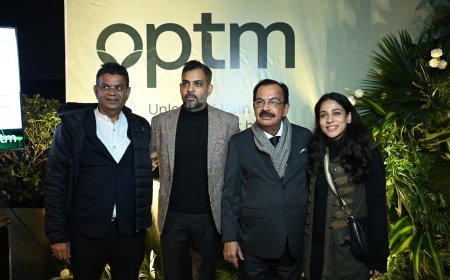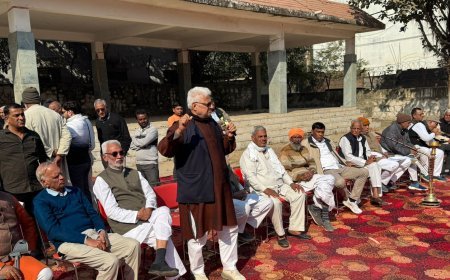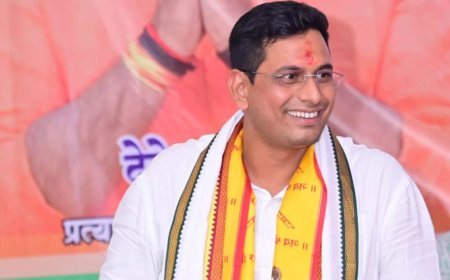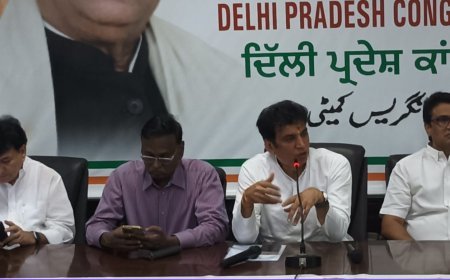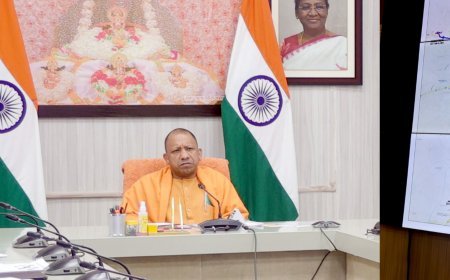Sandeep Maheshwari Summoned In Defamation Case By Vivek Bindra: Faridabad Court Decision
Judicial Magistrate Sumit Turkiya, presiding over the case, emphasized the importance of distinguishing between freedom of speech and expression and defamation, especially considering the stature of the individuals involved.
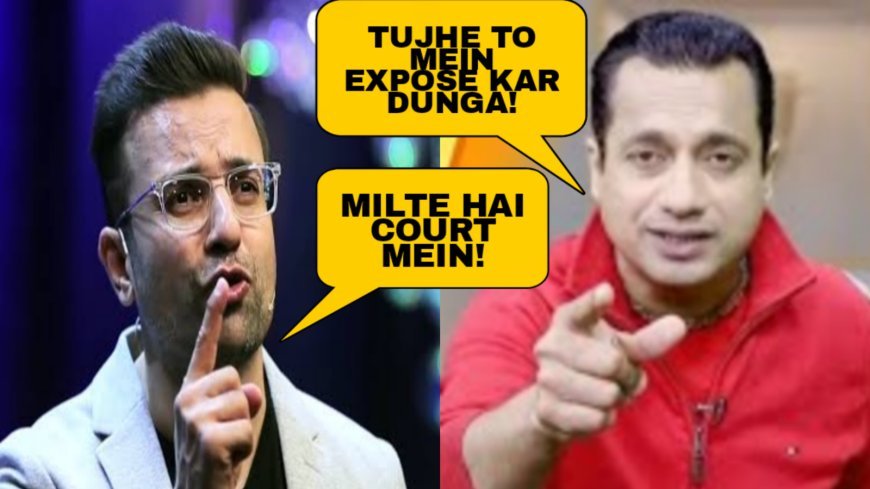
This year, motivational speakers Sandeep Maheshwari and Vivek Bindra find themselves embroiled in legal battles against each other, each alleging defamation in separate court cases.
In a recent development, a Faridabad Court issued a summons to YouTuber and motivational speaker Sandeep Maheshwari following a complaint filed by Dr. Vivek Bindra. The complaint accuses Maheshwari of defaming Bindra through various means, including the use of words such as 'Scam', 'Public versus Vivek Bindra', 'Stop Scam Business', and '#Stop Vivek Bindra'. The court, in its order dated March 5, asserted that Maheshwari's actions had a detrimental impact on Bindra's public image, thus constituting defamation under Section 499 of the Indian Penal Code.
Judicial Magistrate Sumit Turkiya, presiding over the case, emphasized the importance of distinguishing between freedom of speech and expression and defamation, especially considering the stature of the individuals involved. Bindra, the CEO of Bada Business Private Limited, accused Maheshwari of disseminating defamatory content through posts and videos.
The court acknowledged the significant influence these individuals wield as experts in their respective fields and noted the careful use of language necessary in their line of work. It highlighted Maheshwari's scripted content, particularly a video dated December 20, 2023, where he allegedly referred to an illustration about selling a comb to a bald person as a "scam". The court found such statements to have a lasting impact, thus falling under the purview of defamation.
Also Read: BJP's Gaurav Bhatia Clashes With Protesting Lawyers In Greater Noida Amidst Ongoing Strike
Consequently, the court ruled that the complaint sufficiently proved the elements of defamation under Section 499 IPC, necessitating the summoning of Maheshwari under Section 500 IPC.
The legal dispute underscores the complexity of navigating the fine line between exercising freedom of expression and safeguarding against defamation, particularly within the realm of public figures like motivational speakers. As the legal proceedings unfold, the case prompts reflection on the responsibilities associated with wielding influence and the repercussions of one's words in the public domain.















